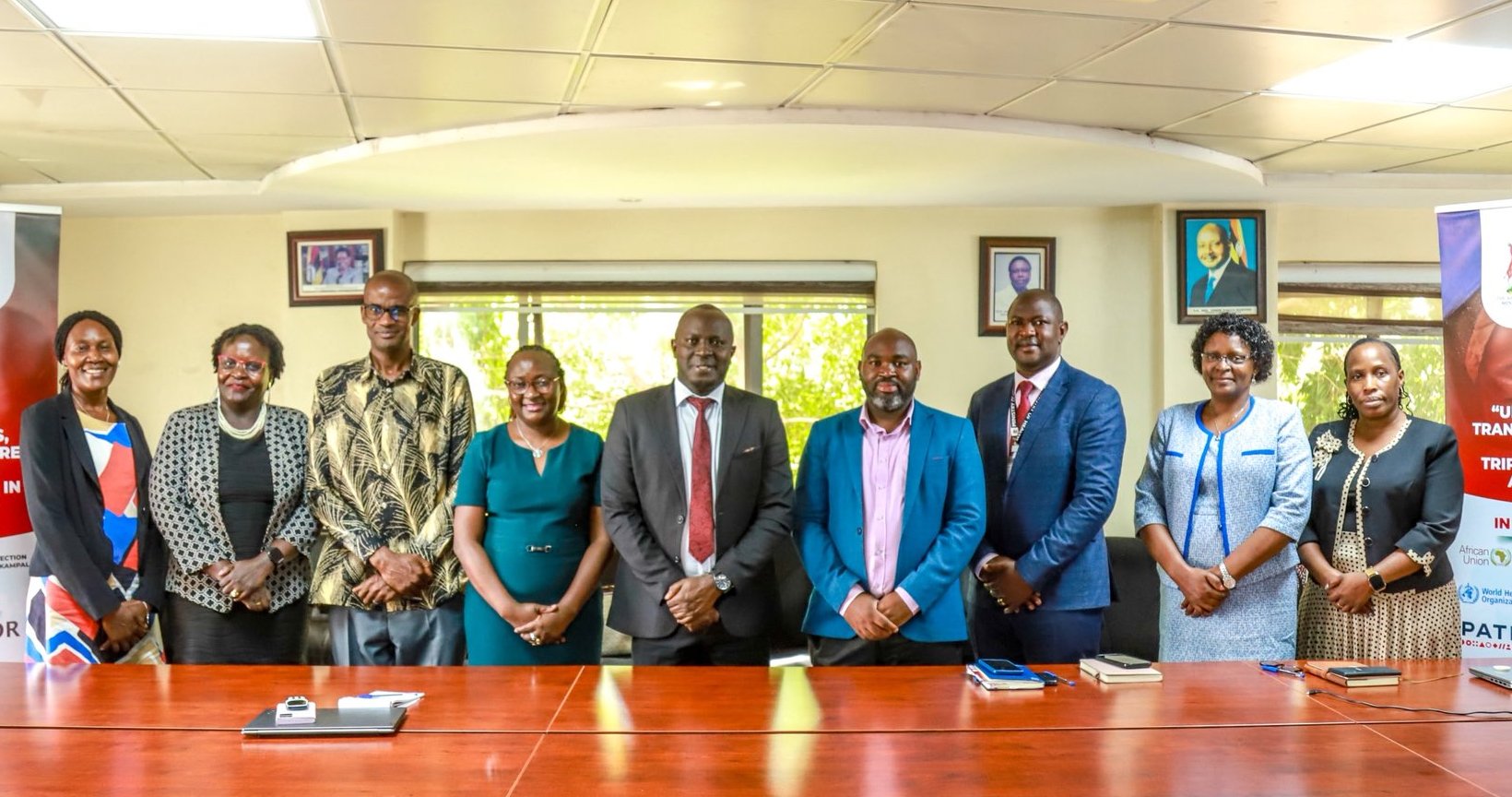Land crisis near National parks: Residents fight for rights as parliament pushes for reforms
Richard Mugisha Maforero, Chairperson of Kiyanja Sub-County, described the situation as dire. "They've moved the boundary over 25 kilometers into people's land. It's not just a matter of land anymore—this is about livelihoods being destroyed overnight. Families are left without a source of food because their gardens have been razed," he explained.

A tense land dispute is brewing around Uganda’s National Parks and Forest Reserves as communities living near these areas face potential displacement. The conflict reached a tipping point when the National Forest Authority (NFA) shifted boundary markers, leading to the destruction of gardens and livelihoods.
Now, the Deputy Speaker of Parliament, Thomas Tayebwa, alongside the Tourism Committee, is spearheading efforts to amend the Land Act to protect legitimate tenants and resolve the ongoing tensions.
For residents of villages like Kakimba, Bukiriro I and II, and Kamabare, the shifting of the Maramagambo Forest Reserve’s boundaries has left them in limbo, uncertain of whether their homes and land will still belong to them in the coming months.
Richard Mugisha Maforero, Chairperson of Kiyanja Sub-County, described the situation as dire. “They’ve moved the boundary over 25 kilometers into people’s land. It’s not just a matter of land anymore—this is about livelihoods being destroyed overnight. Families are left without a source of food because their gardens have been razed,” he explained.
Residents like Bushoborozi Benon, a farmer who relies on the fertile soil near the forest, voiced his frustration. “We haven’t encroached on the forest. We’ve lived here for generations without harming wildlife or the environment. Now, we are being pushed off the land without any clear reason. It’s unfair.”
The petition from these communities has caught the attention of key leaders in Parliament. Deputy Speaker Thomas Tayebwa expressed his concern during a recent plenary session. “We must protect the rights of legitimate tenants.
These people have lived here for decades, and we can’t allow them to be displaced without due process or compensation,” Tayebwa said. He further announced plans to meet with President Yoweri Museveni to discuss the matter in Cabinet, hoping to fast-track an amendment to the Land Act that would offer better protection to the residents.
Tayebwa’s sentiments are echoed by Sylvia Nayebare, Chairperson of the Tourism Committee and Woman MP for Gomba District. “It’s time we rezone land around National Parks and Forest Reserves to accommodate settlers who have been living there legally. Degazetting non-conservation areas is one of the ways we can ensure that the land goes back to its rightful occupants,” Nayebare explained.
For many residents, this move couldn’t come soon enough. Sylvia Nyangoma, a mother of five from Bukiriro, shared her anxiety. “I don’t know where we will go if they take this land. It’s all we have ever known. My children need a place to grow up, and I don’t want them to live in fear of being uprooted from the only home they have.”
However, the NFA remains cautious about making immediate changes. Maniraguha Stuart, Acting Executive Director of the National Forestry Authority, acknowledged the tension but stressed the importance of thorough research before any decisions are made.
“We understand the concerns of the residents, and we are gathering detailed information on the land in question. It’s crucial that we find a resolution that balances the need for conservation with the rights of the people living near these areas.”
Some conservationists are wary of the proposed amendments, fearing that it could lead to further encroachment on protected lands. Emma Kamya, a conservation advocate, urged for careful consideration.
“While it’s important to address the needs of the communities, we must remember that National Parks and Forest Reserves serve a vital ecological role. Any changes must ensure that wildlife habitats and biodiversity are preserved.”
Despite the differing perspectives, one thing is clear—action is needed. The affected communities are looking to the government for a solution that doesn’t force them off their land or threaten their way of life.
As the proposed amendments make their way through Parliament, many are hopeful that a balance can be struck between conservation efforts and the rights of legitimate tenants.
As Bushoborozi Benon poignantly put it, “We are not asking for much, just the right to stay on the land we’ve always called home.”







